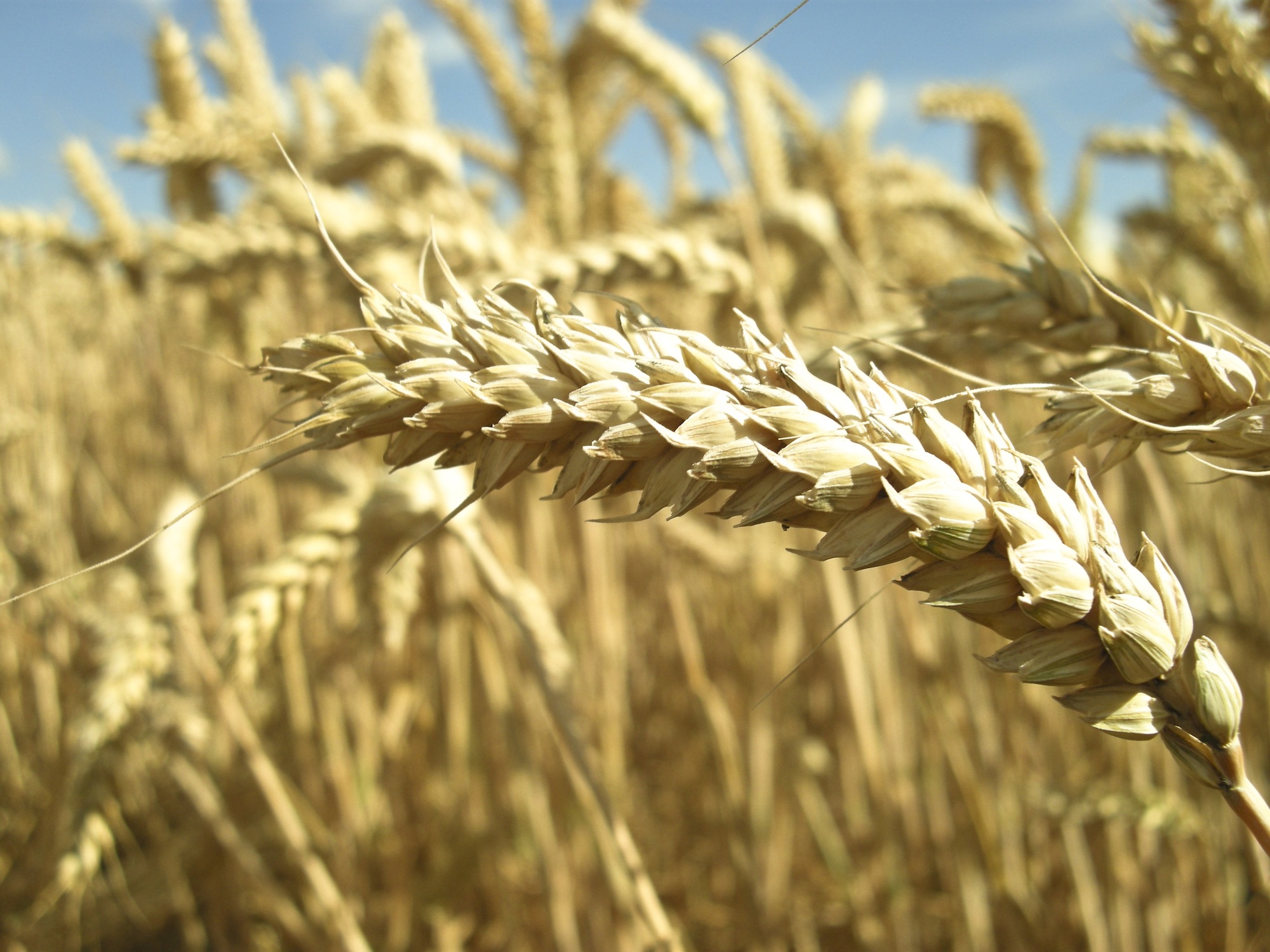Paul Glynn | Senior Staff Writer
The traditional western diet has come under quite an attack recently and perhaps, to an extent, rightly so. On the whole we tend to take in too much of a lot of bad stuff, and the joys of vegan, raw, organic and paleo lifestyles have been touted with fervour. However, one substance, gluten, seems to be coming under the microscope with a previously unseen zeal, though this time the health-conscious may have missed the mark.
Gluten is a protein composite that is found in a number of common grains, including wheat and barley, and it gives dough its stretchy and elastic consistency, helping to hold the finished product together. It sounds innocent enough, but gluten doesn’t get away just yet. The main instance where gluten actually is the bad guy is in coeliac disease, where gluten attacks the lining of the small intestine, making it hard to absorb nutrients. The only treatment for this is to follow a strict gluten-free diet. There is also gluten sensitivity, which isn’t specifically coeliac-related but can cause similar symptoms, although research into this condition isn’t as in-depth as that carried out on coeliac disease.
On the whole we tend to take in too much of a lot of bad stuff, and the joys of vegan, raw, organic and paleo lifestyles have been touted with fervour.
The problem appears when people start to adopt a gluten-free diet as a voluntary “lifestyle choice”, claiming that eschewing it brings boundless health benefits. Rather than consulting a doctor, or getting a food intolerance test, we end up turning to word-of-mouth, far from reputable lifestyle guides, and trust the likes of Miley Cyrus and Gwyneth Paltrow, who are far from experts, who proselytise about the “horrors” of gluten. The marketing research firm NPD Group recently carried out a survey showing that 30 per cent of people in the US alone would like to cut out gluten from their diet – a surprisingly large chunk who have only heard something along the lines of “gluten-free is healthier” fall through the grapevine.
The reality is, though, that gluten is really only bad for you if you actually have one of those conditions. Several studies have shown that gluten isn’t really that bad in and of itself, and that avoiding it might not necessarily be the best thing for your health if your aren’t unable to digest gluten. A 2005 American Dietetic Association report showed that many specific gluten-free alternative products were low in nutrients such as iron, zinc and B-vitamins. Nonetheless, a fairly stark level of misunderstanding exists. Just this year, US talk show Jimmy Kimmel Live had a person go out onto the street and ask people who were following a gluten-free diet the question “what is gluten?” None of the people asked knew, with one respondent adding that “it makes you fat”.
Regardless of their reasons, with more people eating gluten-free products the market for specifically gluten-free foods has seen a boom. This boom has been a sort of double-edged sword for those who cannot consume gluten. On one hand, there are now so many more options to choose from, and the newly-diagnosed won’t miss out on favourites. Restaurants are much kinder, too. But again, you have to look at the importance of the little things.
Particularly in the case of restaurants, it is important to take preparing gluten-free food seriously, because although that tiny trace won’t be of any harm to most of us, coeliac sufferers need to be able to trust such establishments to not leave them in a bad state.
In coeliac disease, even the tiniest grain of gluten can trigger days of sickness and discomfort, so the ideal safe food preparation environment has to be totally clean and uncontaminated by gluten traces. However, those who do not have adverse reactions to gluten and are only following the diet “for health reasons” or otherwise, don’t have to worry about these tiny traces. Particularly in the case of restaurants, it is important to take preparing gluten-free food seriously, because although that tiny trace won’t be of any harm to most of us, coeliac sufferers need to be able to trust such establishments to not leave them in a bad state. An attitude of “picking and choosing” when to avoid gluten, for those who can, brings about the risk of becoming complacent in our attitude towards serious intolerances. What if a restaurant decides not to get too fussed about one small crumb ending up in a salad ordered by a coeliac sufferer, or if the staff don’t clean the workspace and tools properly for an order? Although groups such as the Coeliac Society of Ireland do great work in helping to train chefs and food business workers to understand gluten-free cooking better, we need to be careful that we do not let our guard down.
Perhaps there’s a psychological element to such decisions. Hearing that some people have to undergo a test for gluten intolerance makes us more aware of our own health, and healthy people might become suspicious of it by seeing how it acts on those with such diseases. But either way, unless you actually have coeliac disease or an actual gluten sensitivity, the bottom line for now appears to be that there’s no actual need to follow a gluten-free diet. And if you’re spending money on expensive gluten-free products when you could just as easily opt for the regular alternative, you are probably also burning a hole in your pocket.







